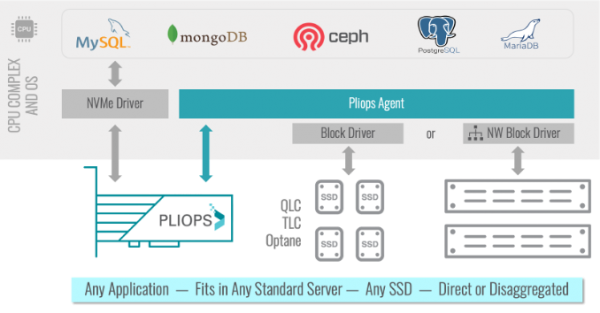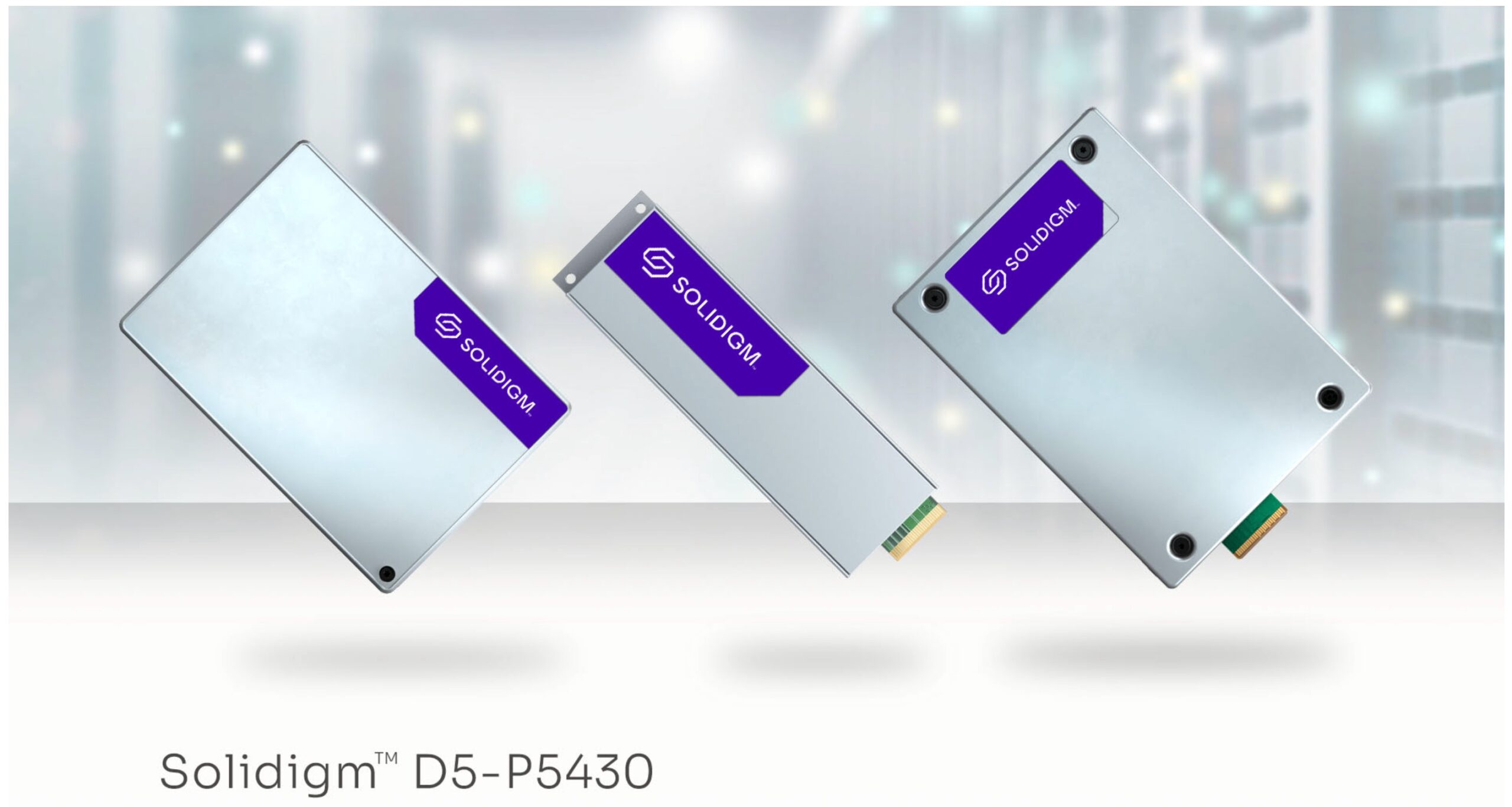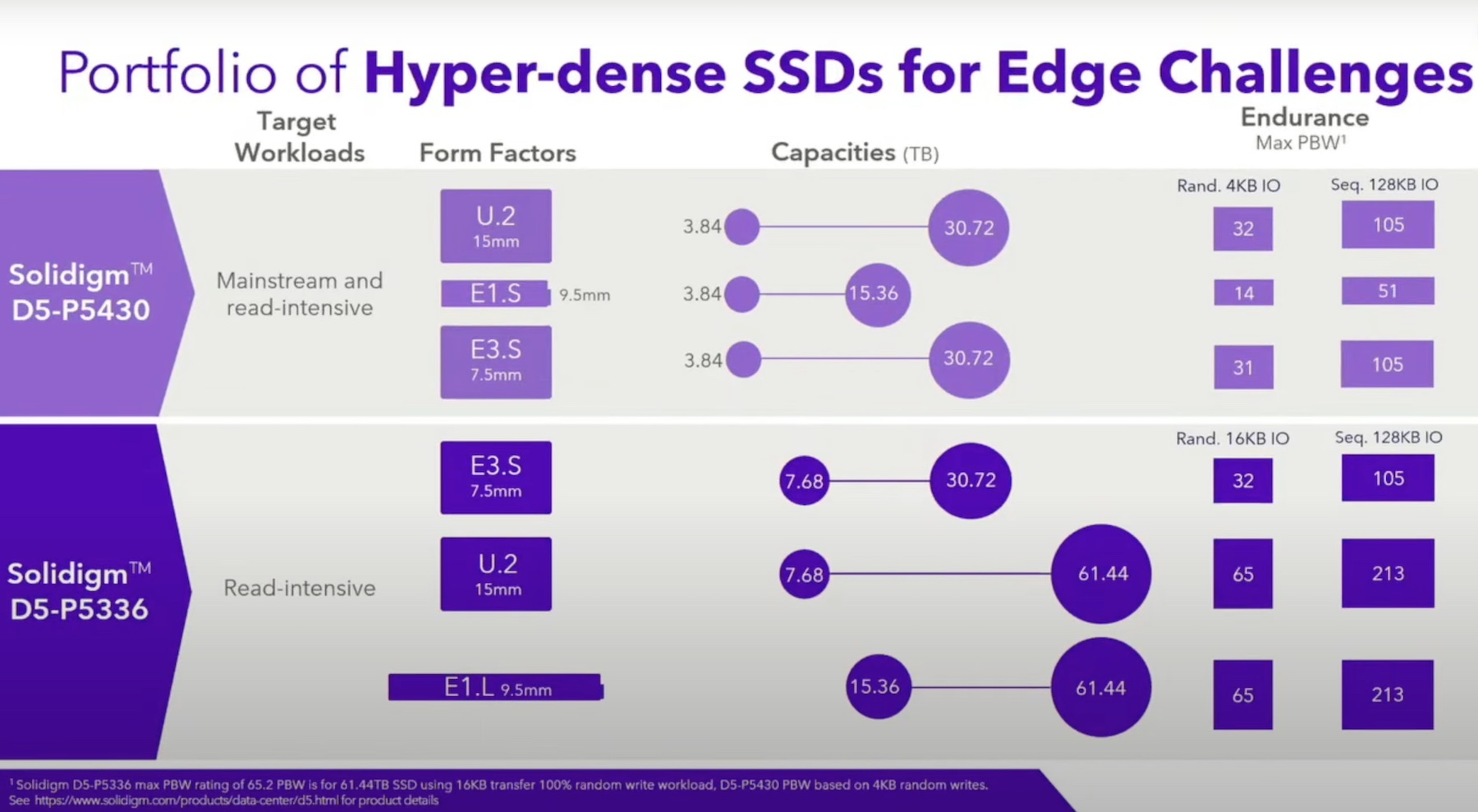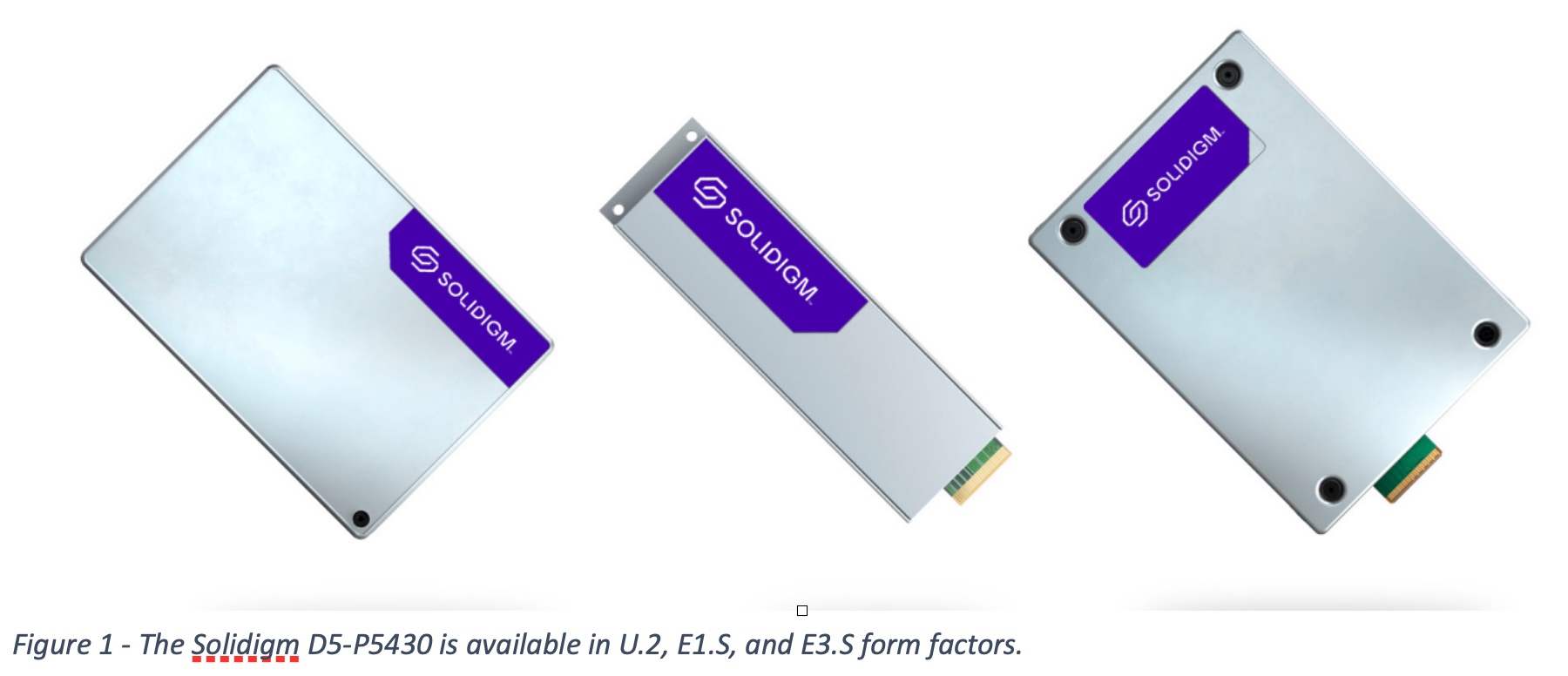Over the last decade, we have seen an increase in the demand to store more data and for the ability to be able to access this data at lightning speeds. This demand has been driven by organizations increasing their workload, workforce, and the explosion of data-driven applications requiring real-time performance. Since 2015, the increase of flash storage used in data centers is up six times. By 2030, it is expected that flash storage will be at least 40 times greater than it is today in the data center. In the last year alone, organizations have needed to scale up both storage and performance to collect more data for real-time analytics as they move workloads to the cloud and their workforce to operating remotely.
System CPUs have become stagnant in their performance growth while applications are becoming more data-driven. The speeds at which flash storage is increasing to assist applications are being bottlenecked by the CPU.
Companies are spending big money to scale their infrastructure to support growing performance and capacity needs. Today’s NVMe Solid State Drives (SSDs) are expensive and still have limitations on the number of writes they can sustain. What if I told you there is a way to accelerate your applications while providing data protection, increasing capacity, and extending the life of lower-cost flash storage? Well, here it is. The Pliops Storage Processor was designed and built to accelerate and manage data written to SSDs.
Enter the Pliops Storage Processor
To deliver the full potential of SSDs, Pliops built an ultrafast key-value engine to offload storage processing away from software and the CPU and moving it onto its purpose-built processor. This dramatically accelerates the performance and allows the ability to reduce read and write amplification while providing both data protection and increased capacity.

Delivered via a half-height PCIe card, Pliops Storage Processor (PSP) can be deployed in your server supporting local drives, and in an expansion chassis (JBOF). Networked storage, NVMe-oF storage, and in the cloud as a service are also possible.

The Pliops Storage Processor can be installed today without any software modifications using standard NVMe and block drivers. For advanced performance and functionality, a native KV API is also supported. With the added benefit of working with any server, any vendor SSDs—increasing your application performance while extending the life of your flash drives has never been easier.
Wrapping Up
Pliops has created a core enabling building block that delivers benefits to any application using SSD storage. Over the next couple of posts, we will dig deeper into the four areas that the Pliops Storage Processor targets: Acceleration, Increased Capacity, Data Protection, and Endurance.




